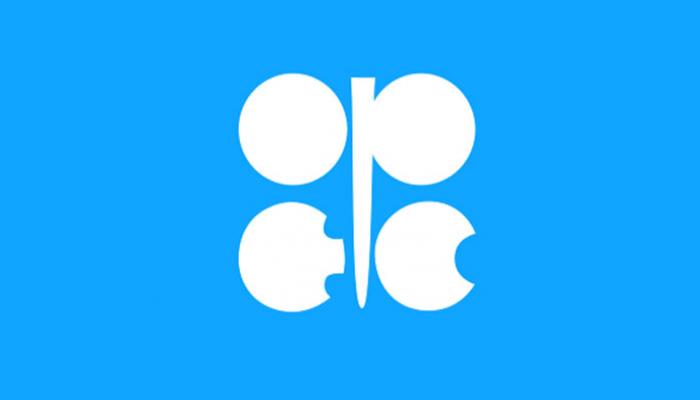Vienna, July 2 (RHC)-- Fears about weaker global demand as a result of a U.S.-China trade spat have added to the challenges faced by the 14-nation Organization of the Petroleum Exporting Countries. OPEC agreed earlier this week to extend oil supply cuts until March 2020, three OPEC sources said, as the group's members overcame their differences in order to prop up the price of crude amid a weakening global economy and soaring U.S. production.
The move will likely anger U.S. President Donald Trump, who has demanded OPEC leader Saudi Arabia supply more oil and help reduce prices at the pump if Riyadh wants U.S. military support in its standoff with arch-rival Iran.
Benchmark Brent crude has climbed more than 25 percent so far this year after the White House tightened sanctions on OPEC members Venezuela and Iran. OPEC and its allies led by Russia have been reducing oil output since 2017 to prevent prices from sliding amid soaring production from the United States, which has overtaken Russia and Saudi Arabia as the world's top producer.
Fears about weaker global demand as a result of a U.S.-China trade spat have added to the challenges faced by the 14-nation Organization of the Petroleum Exporting Countries. The United States, the world's largest oil consumer, is not a member of OPEC, nor is it articipating in the supply pact. `A jump in oil prices might lead to costlier gasoline, a key issue for Trump as he seeks re-election next year.
Brent rose as much as $2 on Monday toward $67 per barrel as traders cited OPEC's resolve to curb output. The OPEC meeting Monday, which was chaired by Venezuela, will be followed by talks with Russia and other allies, a grouping known as OPEC+, on Tuesday.
Russian President Vladimir Putin said he had agreed with Saudi Arabia to extend existing output cuts of 1.2 million barrels per day, or 1.2 percent of global demand, until December 2019 or March 2020. Oil prices could stall as a slowing global economy squeezes demand and U.S. oil floods the market, a Reuters poll of analysts found.
"I think nine months gives us enough runway to wait for the market to balance," Saudi Energy Minister Khalid al-Falih said. He said Saudi Arabia would continue reducing supplies to customers in July.
Iran's exports plummeted to 0.3 million barrels per day in June from as much as 2.5 million bpd in April 2018 due to Washington's fresh sanctions. The U.S. sanctions are putting Iran under unprecedented pressure. Even in 2012, when the European Union joined U.S. sanctions on Tehran, the country's exports stood at around 1 million bpd. Oil represents the lion's share of Iran's budget revenues.
Washington has said it wants to change what it calls a “corrupt” regime in Tehran. Iran has denounced the sanctions as illegal and says the White House is run by “mentally disabled” people.
"Worsening tensions between the U.S. and Iran add potential for oil price volatility that could be tricky for OPEC members to manage," said Ann-Louise Hittle, vice president, macro oils, at consultancy Wood Mackenzie.


